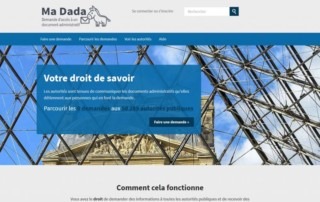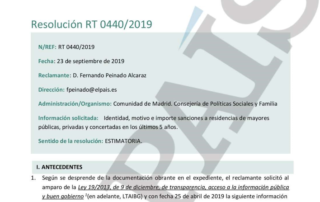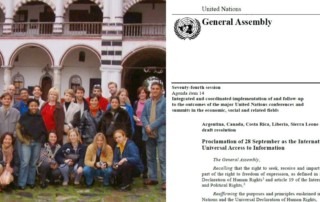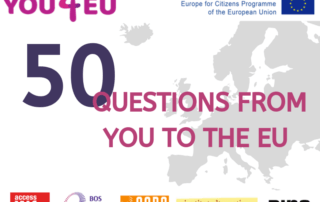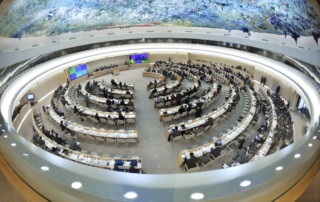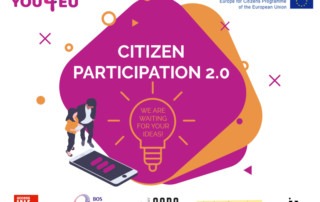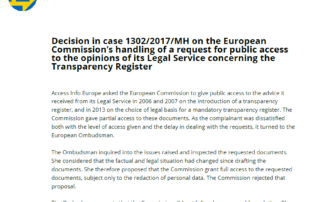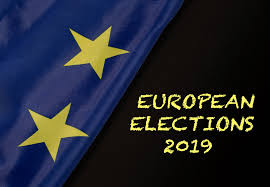Right of access to information at risk in Montenegro
Helen Darbishire2020-01-29T10:35:11+01:00Madrid, 31 October 2019 - The Montenegrin government has proposed amendments to its Law on Free Access to Information that directly contradict international standards and undermine the fundamental right of freedom of expression. Access Info today voiced its serious concern and urged the Government to reconsider. Together with MANS, an anti-corruption NGO in Montenegro, Access Info has submitted a legal analysis of the proposed amendments to Montenegro’s Ministry of Public Administration on Law on Free Access to Information. The proposed changes would take Montenegro further away from international standards on transparency. Specifically, they would result in a law that is


